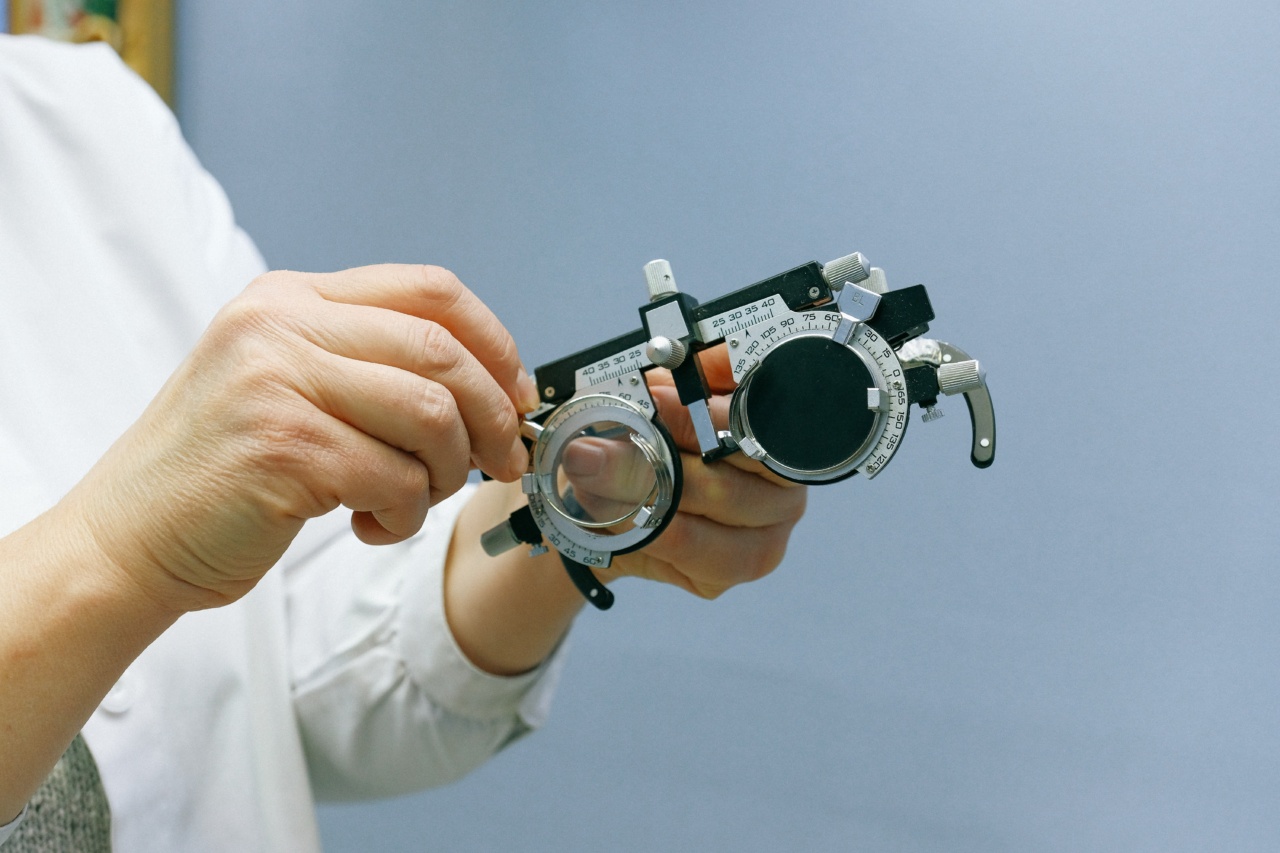Alzheimer’s disease is a progressive and irreversible condition that affects the brain and its functions. Its symptoms can include memory loss, confusion, and difficulty performing simple tasks.
While there is no known cure for Alzheimer’s, early diagnosis and intervention can significantly improve the quality of life for those affected. This is where Alzheimer’s screening comes in.
What is Alzheimer’s screening?
Alzheimer’s screening is a process used to detect any early signs of Alzheimer’s disease. These screenings are usually done in a doctor’s office or memory clinic.
They involve a series of tests and assessments aimed at evaluating the cognitive abilities and memory of the individual being tested. Some of the common screening methods used include blood tests, MRI scans, and memory tests.
Who should consider an Alzheimer’s screening?
While Alzheimer’s screenings are often associated with older adults, anyone interested in their cognitive health can consider getting tested.
However, some factors increase the risk of developing Alzheimer’s, and these individuals are generally advised to get screened. These risk factors include:.
- Being over 65 years of age
- Having a family history of Alzheimer’s
- Sustaining a head injury in the past
- Having high blood pressure
- Holding a high-stress job for an extended period
- Frequent drug or alcohol use, among others
What does Alzheimer’s screening involve?
The process of screening for Alzheimer’s can vary from one facility to another, and the tests used depend on the medical practitioner overseeing the process. Some of the common tests that you can expect to undertake include:.
1. Cognitive Ability Tests
During cognitive ability testing, the practitioner will gauge your overall cognitive ability, memory retention and recall, problem-solving skills, attention span, and language ability.
The tests are conducted using verbal and written stimuli and may take up to an hour or more to complete.
2. Imaging Tests
MRI and CT scans are commonly used to visualize the brain and check for any abnormalities that may suggest Alzheimer’s disease. These tests are non-invasive, painless, and involve lying still on a bed while the scanner takes images of your brain.
The test takes about thirty minutes to an hour to complete.
3. Blood Tests
Since Alzheimer’s disease is associated with brain inflammation and damage, a blood test may be performed to detect any markers in the blood indicative of this.
Blood tests look at specific biomarkers such as amyloid plaques or tau protein, which are often present in individuals with Alzheimer’s.
What are the benefits of an Alzheimer’s screening?
Screening for Alzheimer’s can provide many benefits, including:.
- Early Detection: Detecting Alzheimer’s early increases the success rate of treating the condition and can dramatically improve the quality of life of those affected.
- Prevention: Those at risk of developing Alzheimer’s can be advised on lifestyle changes, such as regular exercise, a healthy diet, abstaining from drug and alcohol use, mental stimulation, and socializing more, which can slow the progression of Alzheimer’s disease.
- Peace of Mind: Those concerned about their cognitive ability can gain knowledge and sometimes peace of mind by undergoing an Alzheimer’s screening.
What happens after an Alzheimer’s screening?
If your Alzheimer’s screening test results suggest that you may have Alzheimer’s disease, you will be referred to a specialist who can confirm the diagnosis.
Additionally, the specialist will guide you on the different steps to take concerning treatment and management.
Conclusion
Screening for Alzheimer’s is a significant step in ensuring that older adults maintain their cognitive ability and have a better of quality of life.
If you are over 65 or have risk factors for Alzheimer’s, consider taking an Alzheimer’s screening test. Detecting Alzheimer’s early on can help manage the condition, making the symptoms manageable and providing peace of mind for both the individual and their families.






























